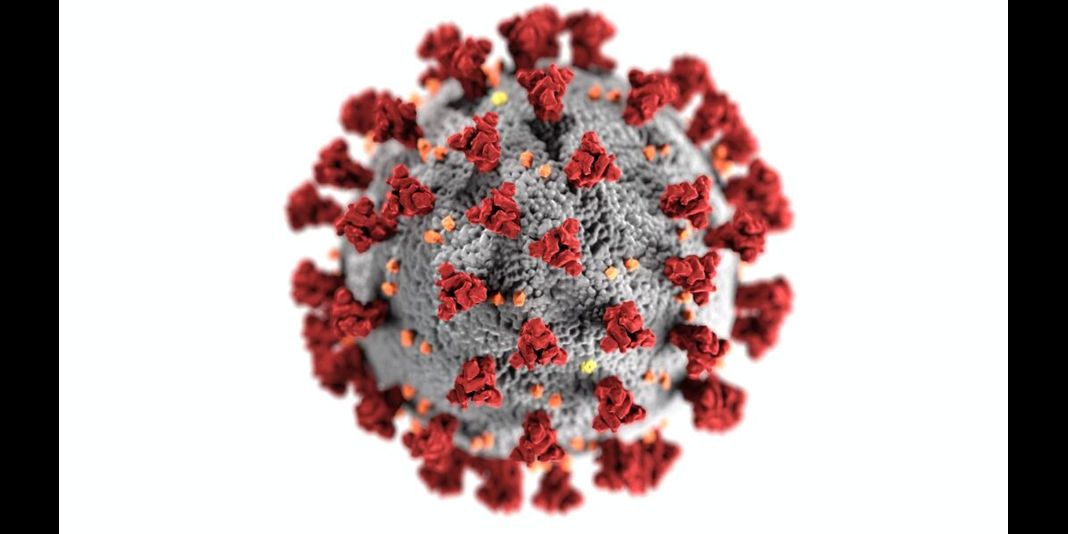
Features
COVID19
3 MIN READ

Of late, the government has become far too lax about Covid-19 protocols

At least five travellers arriving in Nepal from the UK have tested positive for Covid-19, while over 250 others are in quarantine, according to the Epidemiology and Disease Control Division of the health ministry.
Several European countries banned flights from the UK from December 20 onwards over fears around a new strain of the virus. More than 40 countries have already imposed restrictions on travel and flights from and via the UK in view of the possible spread of the mutated version of coronavirus.
Nepal took a decision to restrict the entry of all passengers originating from or transiting through the UK on December 23. The five travellers arrived in Nepal before these travel restrictions were put in place.
“We will have to first carry out genetic sequencing to ascertain the strain. We’ll soon find out about it,” said Dr Samir Kumar Adhikari, spokesperson at the Ministry of Health and Population (MoHP).
The government requested all passengers travelling from the UK to quarantine themselves in hotels for 10 days, but has not been able to monitor whether they are doing so while adhering to proper quarantine guidelines. Officials at the ministry have even acknowledged that several such travellers are currently quarantining at home, beyond the purview of the government.
As per government rules, asymptomatic carriers are being discouraged from taking PCR tests, while the government has been emphasising on conducting PCR tests for only those displaying symptoms. Due to this approach to testing, the Nepal government could have missed identifying the five infected travellers from the UK had they not shown symptoms. Despite several warnings from health experts that failure to identify and quarantine asymptomatic Covid infections would only help exacerbate the virus’s spread, the government has continued to overlook such cases.
The Nepal government has almost entirely stopped contact tracing and monitoring of the infected, further increasing the chances of the spread of Covid-19. It also started closing quarantine centres, whereas offices and businesses have resumed as normal. Regulations on public transport have been eased while cinemas have also come into operation. Kathmandu night clubs, shopping malls, and marketplaces have all returned to normalcy.
Interestingly, the daily new Covid-19 cases are on the wane. On Monday, Nepal recorded only 659 new cases, taking the national tally to 258,840. There has also been a drastic decline in active cases, down from 40,000 to 6,427 on Monday. The death toll has reached 1,832, according to the MoHP.
The low figures can be attributed largely to low daily PCR tests. For instance, a total of 5,578 PCR tests were conducted on Monday. Although the government claims to have the capacity to conduct 26,000 PCR tests daily, it only conducted as much as 20,000 average daily PCR tests in November.
Even as the government says it has the capability to conduct genetic sequencing to determine the strain of the virus, there has been a noticeable delay in their actually doing so. It might take weeks and even months to ascertain the strain of the virus, while over 250 more travellers who have arrived from the UK are yet to be tested.
Despite these challenges, the Nepal government has resumed issuing tourist entry visas from Nepali diplomatic missions abroad. Foreign travellers are required to produce pre-approval letters from the Nepali missions for visa on arrival at the Tribhuvan International Airport in Kathmandu. It opens up the possibility that the new strain of the coronavirus may travel from countries other than the UK as well. This was true in the case of Covid-19 which started in China, then travelled to the US and Europe before eventually making its way to Nepal. Ultimately, the virus entered Nepal along with a wave of Nepali migrant workers expelled from India who were desperate to return home.
“We need to test all the people who come from abroad and make quarantine mandatory for everyone for 10-14 days,” says epidemiologist Dr Lhamo Sherpa.
Corrigendum: This story has been updated in light of further facts we have received about people flying into Nepal. The error is regretted.

The Record We are an independent digital publication based in Kathmandu, Nepal. Our stories examine politics, the economy, society, and culture. We look into events both current and past, offering depth, analysis, and perspective. Explore our features, explainers, long reads, multimedia stories, and podcasts. There’s something here for everyone.


COVID19
News
3 min read
A daily summary of Covid19-related developments that matter
COVID19
Opinions
9 min read
Unless Nepal comprehensively overhauls its disaster response mechanisms, we’ll continue to see the nation reeling with every crisis
Features
5 min read
Determined to crush Maoist rebels instead of seeking a political solution, Oli is repeating the same mistakes Deuba made in the 90s which resulted in a decade-long people’s war
Features
5 min read
A proposed amendment to the Army Act will allow NA to enjoy greater financial autonomy without accountability
COVID19
5 min read
The coronavirus pandemic highlights longstanding class differences and their unequal repercussions on our society
Week in Politics
6 min read
The week in politics: what happened, what does it mean, why does it matter?
COVID19
Features
13 min read
To get back to normalcy, Rukum did the right things at the right time, in contrast to Kathmandu’s helter-skelter approach to Covid-19
Features
4 min read
Where the federal government has failed, local governments have stepped in